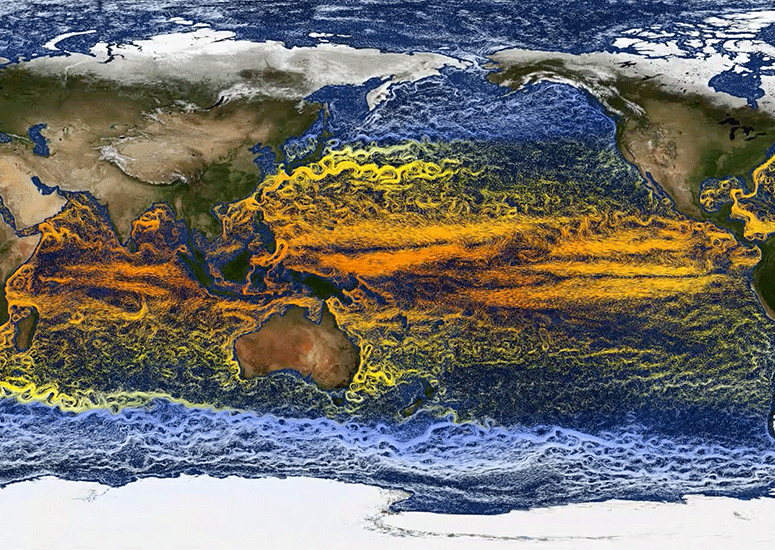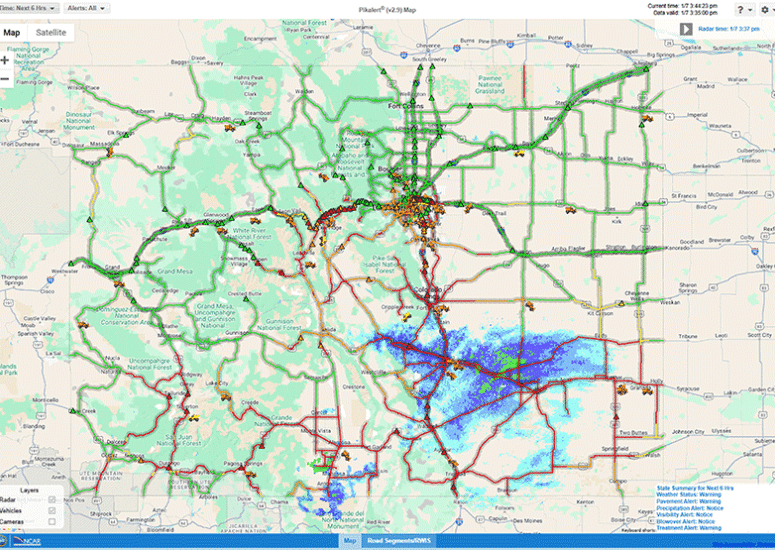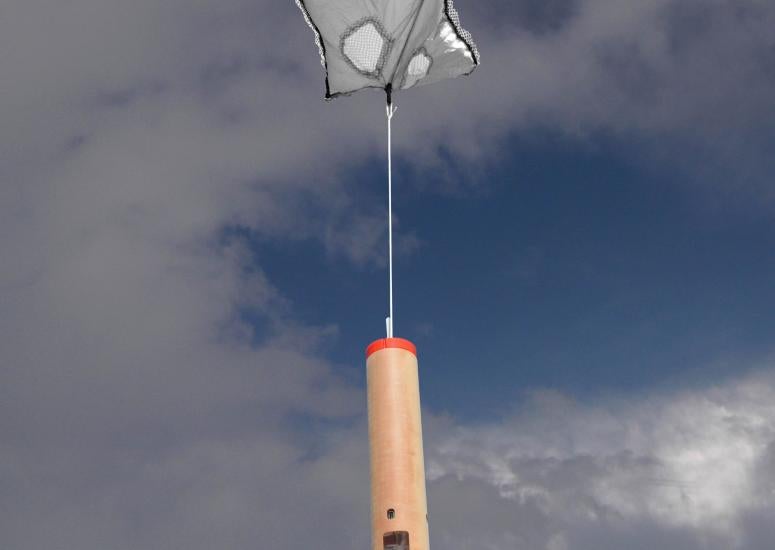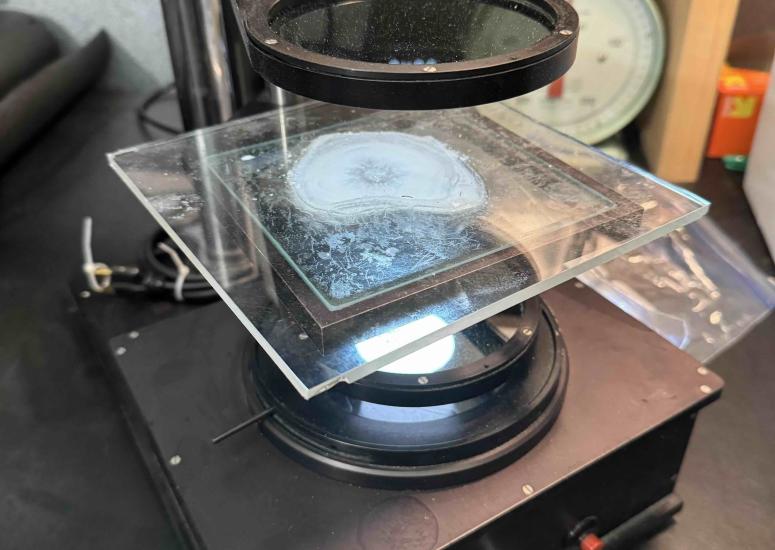-

New computer simulations reveal the Earth system in unprecedented detail
The new MESACLIP dataset consists of an unprecedented set of high-resolution Earth system simulations and is freely available to the scientific community.
- Climate,
- Weather
-

NSF NCAR technologies keep travelers on the move
NSF NCAR is continuing to improve targeted forecasts of weather impacts on roads and runways
- Weather
-

Record-breaking winds confirmed for Hurricane Melissa
As Hurricane Melissa approached Jamaica last month, a NOAA Hurricane Hunter airplane dropped a fleet of weather instruments called dropsondes into the depths of the storm. When the National Hurricane Center received the dropsonde data from the plane via satellite and processed the 252 mph reading, they cautiously began referring to the measurement as a potential record. In order to verify the reading, they contacted researchers at the U.S. National Science Foundation National Center for Atmospheric Research (NSF NCAR), where dropsondes were developed, and asked them to verify the data.
- Weather
-

Scientists eye hurricanes, rainfall in global high-def
Scientists are experimenting with high-resolution global forecasts to improve predictions of hurricanes and extreme rainfall.
- Weather
-

Understanding the lifecycle of a hailstone
The In-situ Collaborative Experiment for the Collection of Hail In the Plains (ICECHIP) field campaign was the first major U.S. hail field campaign in over 40 years. Over 10,000 hailstones were collected, a selection of which are now being analyzed at the U.S. National Science Foundation National Center for Atmospheric Research (NSF NCAR).
- Weather
